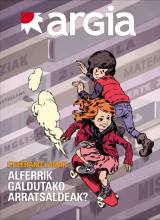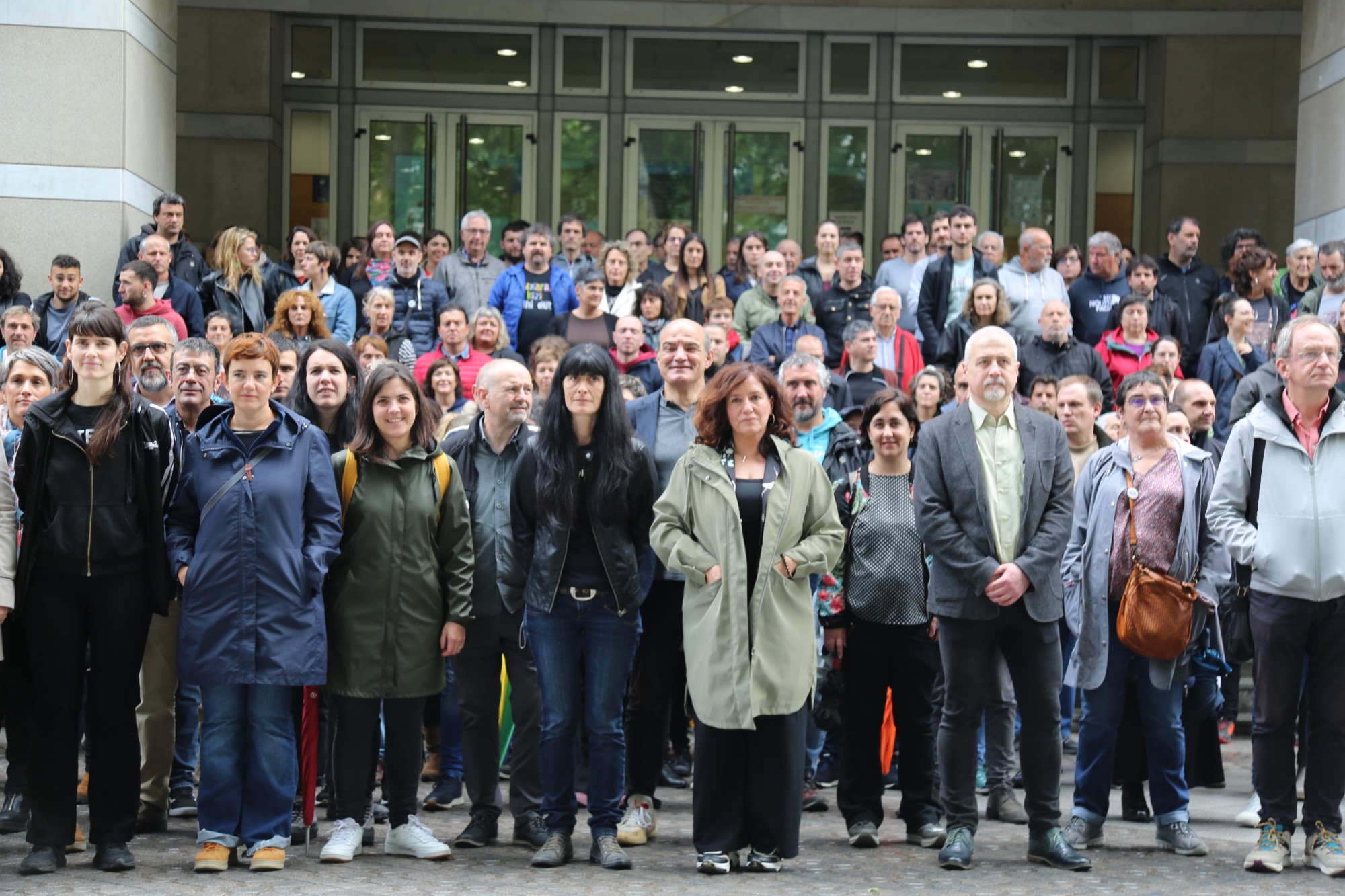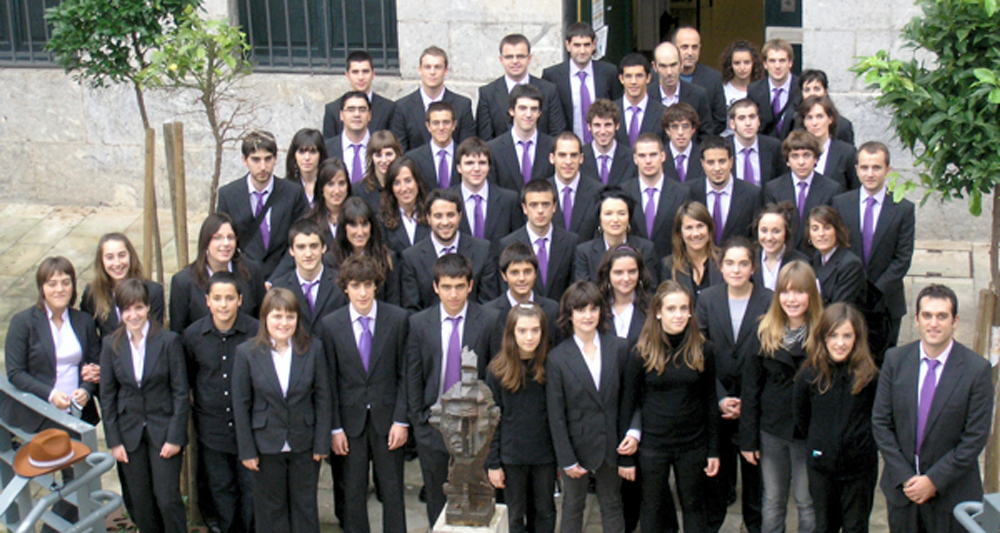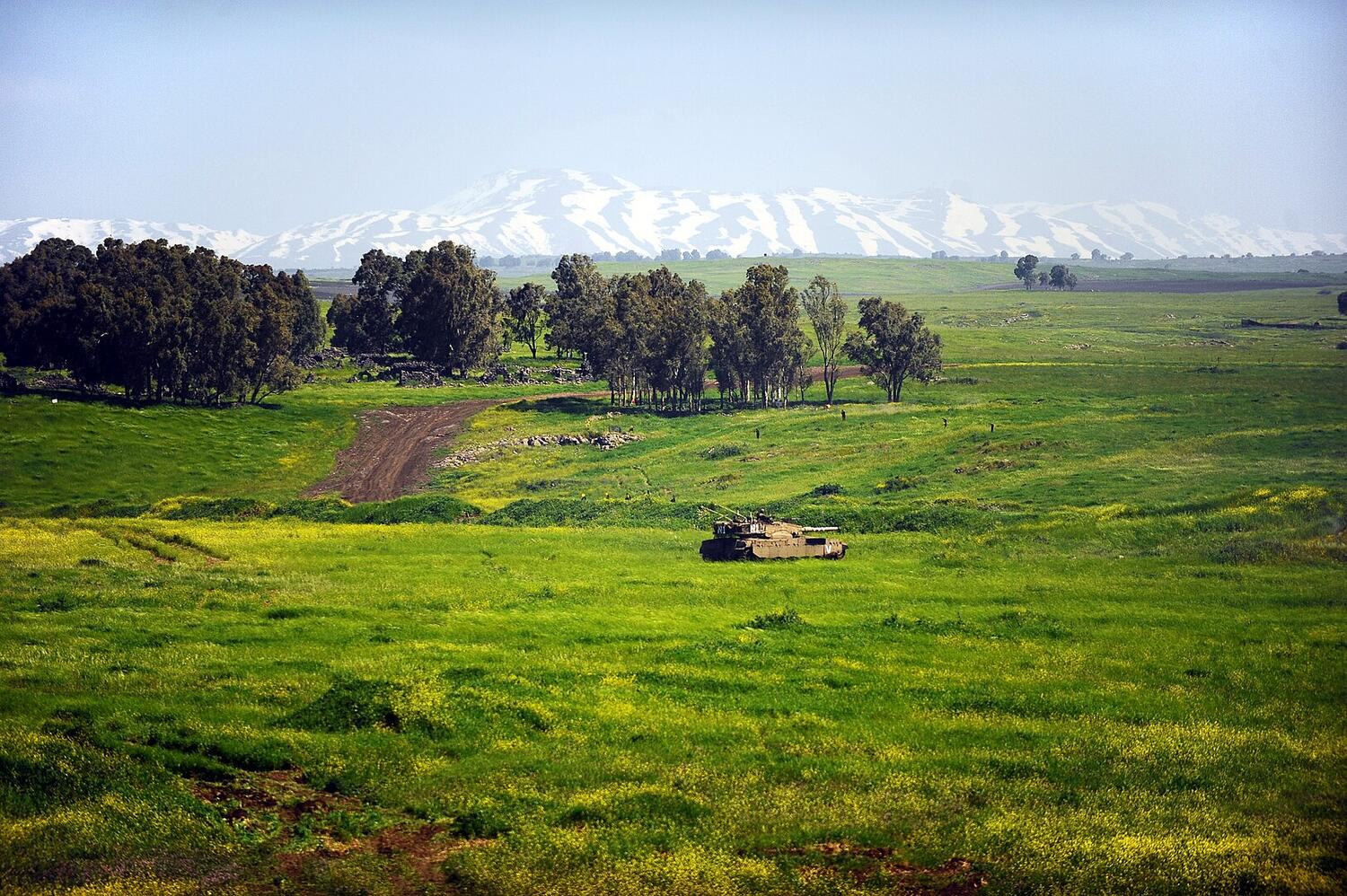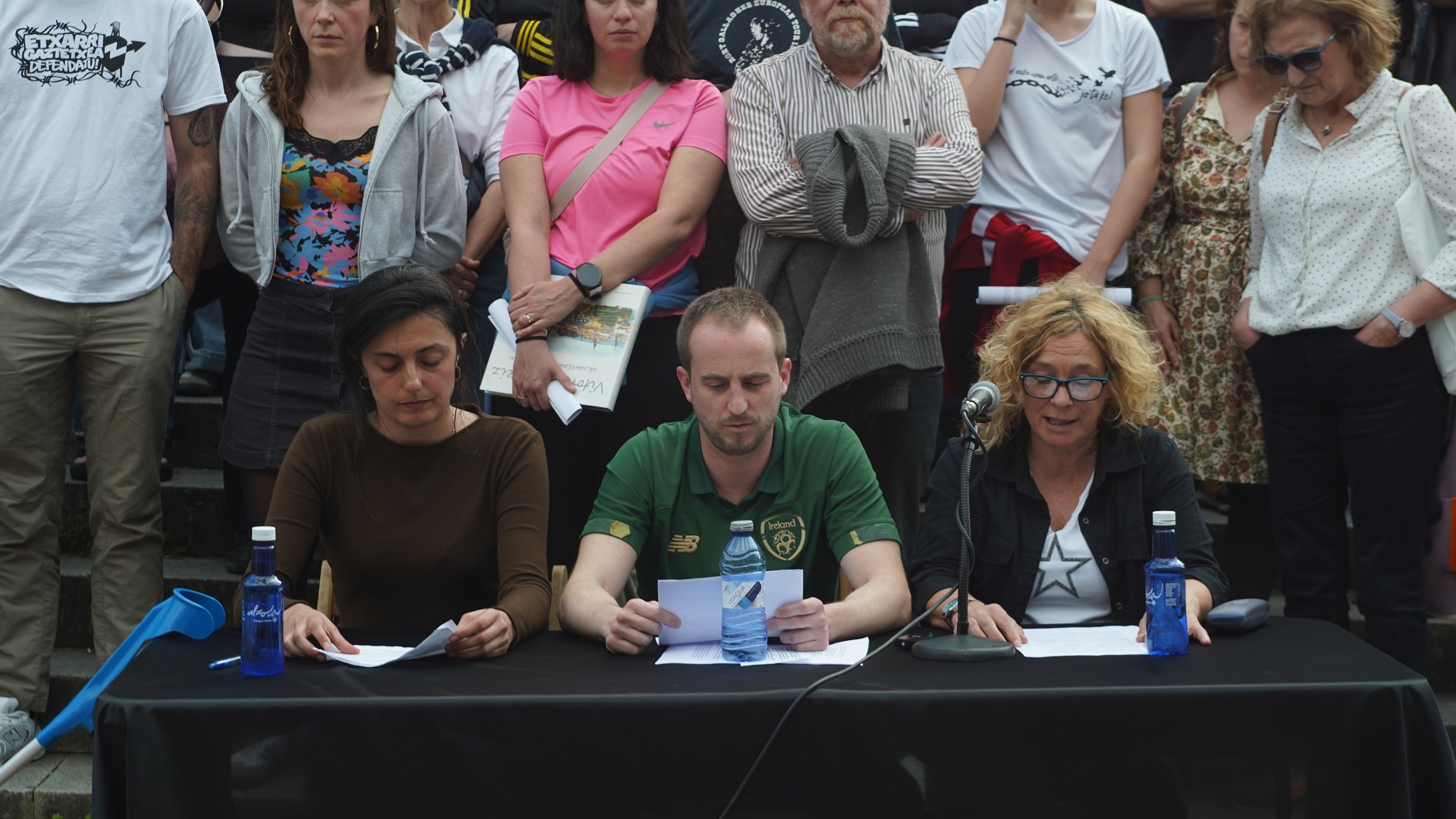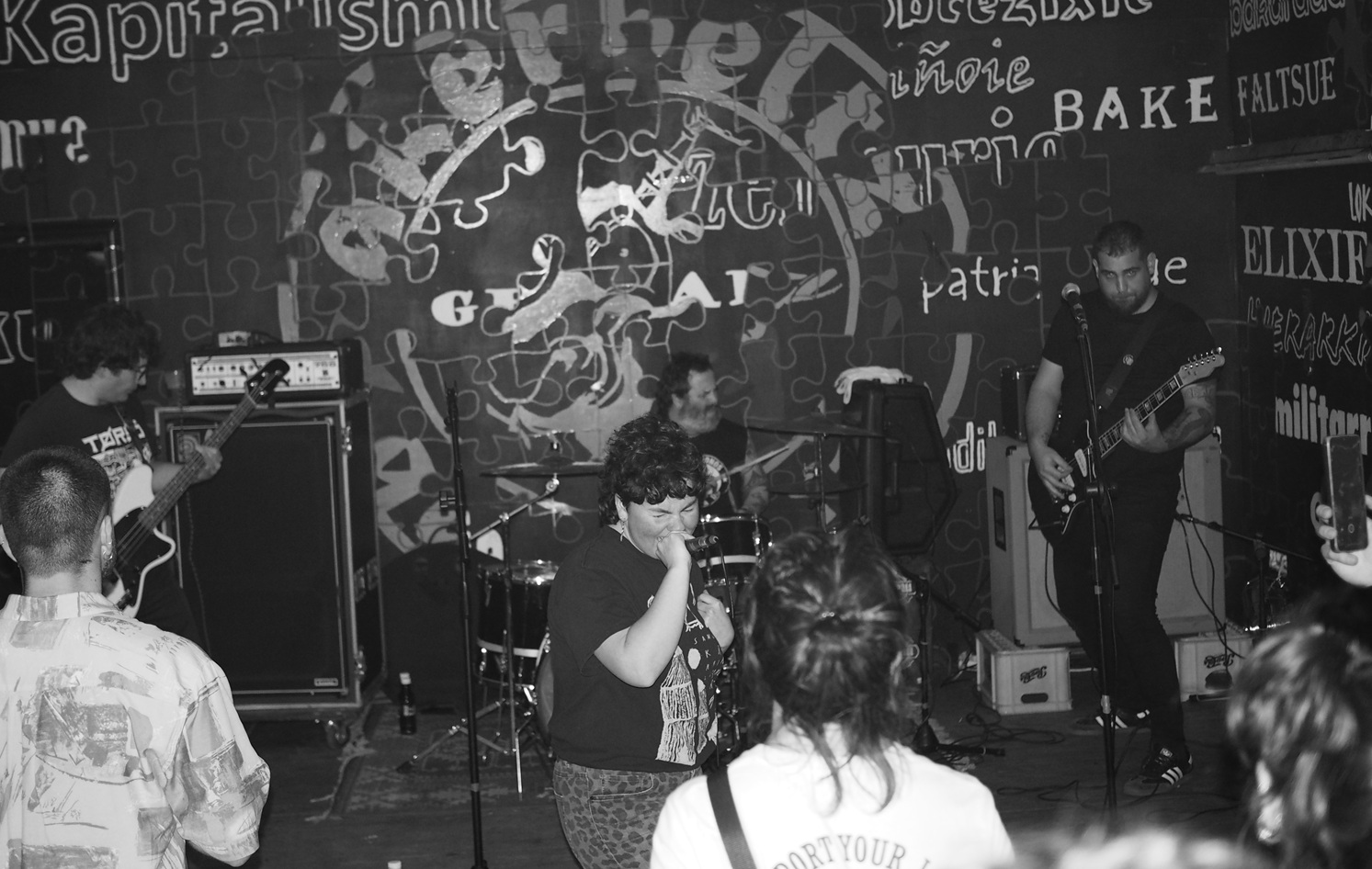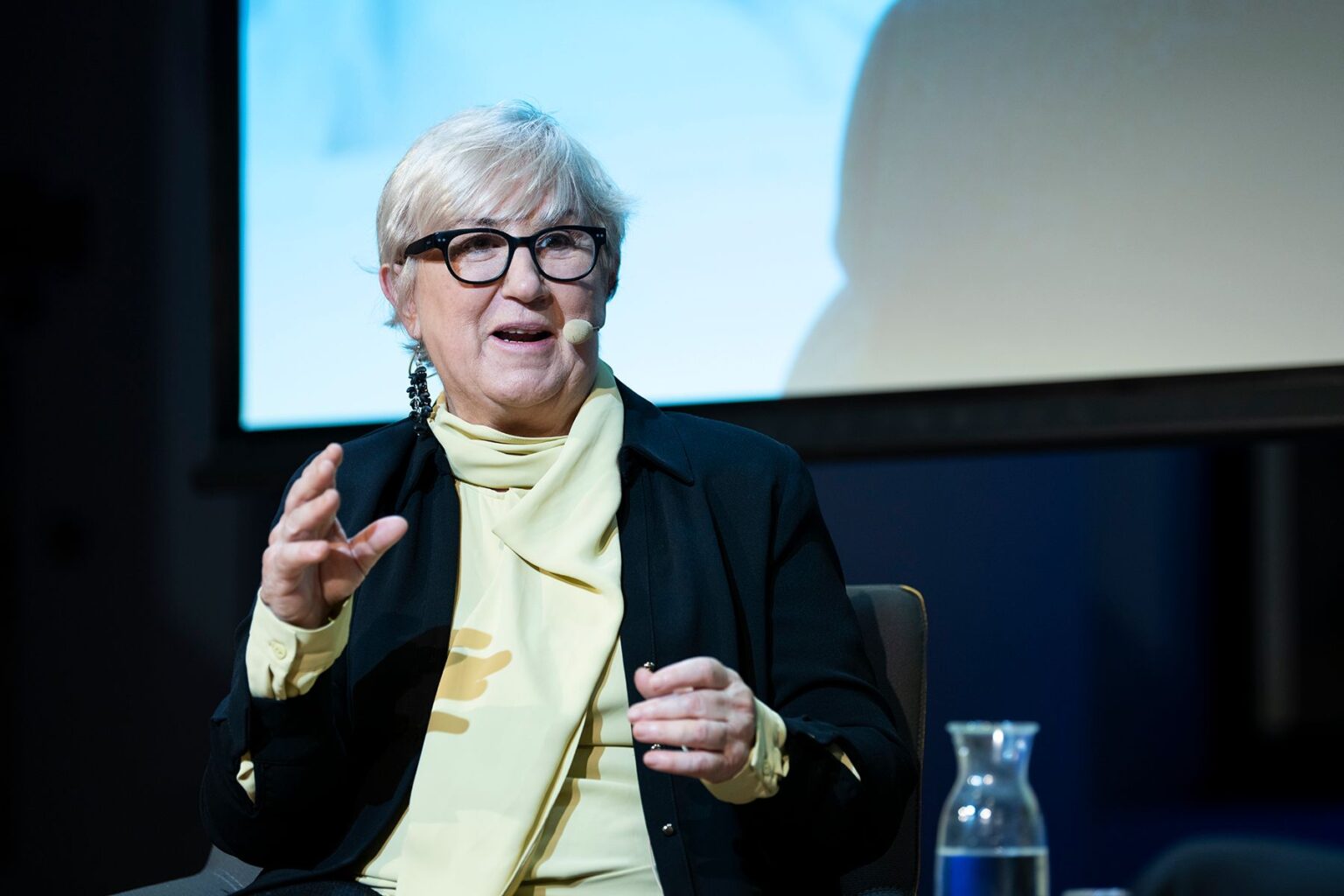The pure heat that hugs you
- “Catalytic” with butane, heaters emitting hot air, old radiators, kerosene spreading stoves... We know the ways to cool the cold. What, though, is the healthiest and most efficient of all of them? The members of Ekosua have the key: the future leads us to the stove.
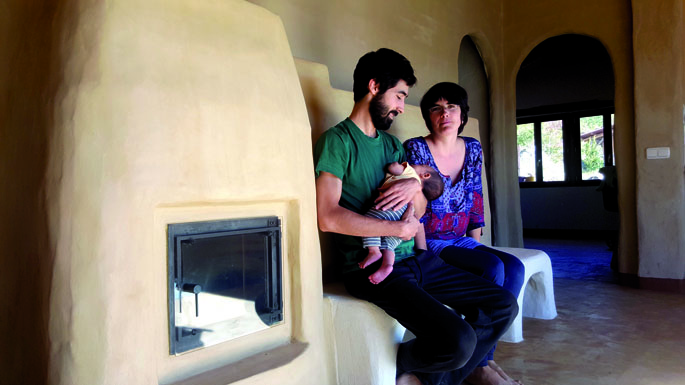
The exploitation of energy resources throughout the world over the last long century has led to an enormous ecological massacre. The so-called development model currently being implemented implies an energy crisis that, intentionally or unintentionally, has consequences beyond nature, human, social and economic. Macro, of course, but they're also evident in our daily lives, at least in our pockets or in our health. The bill of light, among other things, gives us the measure.
The energy dependency of the Basque Country exceeds 90% and the renewable energy generated in the Basque Country is around 8%. Attempts to take steps in energy efficiency to meet the enormous cost of the former have been numerous in recent times by agents, individuals and institutions.
An example of this is the Ekosua: they design and market ecological and healthy heaters that save energy and increase efficiency from their plant in Argiñaritz (Navarra). Surely more than one heating vendor will say the same as yours. However, it is the only and pioneering domestic heating system offered by Ekosua in the Basque Country.
“Innovation”, however, has brought it from the hand of a technology that exceeds five centuries. Ceramic accumulator heating is a traditional product that has been used since the Middle Ages in northern Europe. The only estufa of this type documented in the Iberian Peninsula was one of Bergara, acquired in the sixteenth century by a local noble after knowing it through Carlos V.
Ecological heat
Sara Herrero and Xabi Pérez have received us in their house of Biotzari (Navarra), with the small Axular in the lap. It is striking that, although it has already started to get cold, the beautiful fireplace stove that dominates the center of the warm housing is off. But here's the thing. In fact, keeping the stove on for an hour guarantees a warm temperature for the whole day.
“We want to make our product known so that people know that there are sustainable and healthy alternatives to keep the house warm,” Herrero said. “They are well known in Northern Europe and we have learned that from the hand of heating teachers from Germany, Austria and Denmark. First we see what the house looks like and we study its isolation and distribution. Knowing that, we design the stove and it gives us a lot of possibilities to play with the aesthetic. It's a handcrafted job, and we've been heating in the same place for a week. It’s not a device that installs.”
It only consumes wood and very little. It produces heat from radiation. This heats the walls and the earth through thermal inertia and instead of heating the air directly heats the environment: “With these heaters, when you go home, the heat hugs you.”
Pérez does not doubt either: “They’re very comfortable, because you just have to throw it once a day. Combustion lasts for an hour, but heat lasts all day. In the morning turn on the stove and when you come home you feel good.”
The fact that combustion is short is also important from the point of view of housing safety, as although heating is self-assured, the fact that fire is on for a short period of time is the best way to avoid disturbances. In addition, they get very little ash – about 2% of what is thrown into the fire – and much less dirty the fireplace, which reaches a very high temperature, between 800 and 900 degrees. At that temperature, the ash disintegrates and very few residues are poured into the air.
Healthy heat
The convection heat usually used in most houses burns the air and its particles, which is noticeable in the environment. Inadequate for people with breathing problems. In contrast, the heat from radiation used by the ecosystem emits negative ions, which is very beneficial for health. Convection heat emits many positive ions, and that's why the environment is so "charged." Asthma problems, headache, etc. They're the main effects. In addition, with convection heat, heat is stratified: hot air is rising and fresh air is down. Radiant heat, on the other hand, heats it with infrared rays, like the sun, and the heat is more uniform as the air barely heats up.
In short, it's much greener than the traditional convection heaters that we all know, consume much less, and radiant emits much less pollution.
No subsidy
This system confers great sovereignty on the user. The only maintenance you need is the cleaning of the circuit every ten years. The manufacturing of these heaters is artisanal work and is not a profitable business for large industries that are based on programmed obsolescence, continuous maintenance and use and throw products.
Herrero gives us the key: “The State subsidizes energy efficiency, but surprisingly, the diffusion of this system does not receive aid: We have been with the EVE (Ente Vasco de la Energía) and the Government of Navarra, and we have explained what we are doing to them. Heaters don't use electricity, they don't have buttons, they don't need maintenance... But they don’t help because it doesn’t move money and it’s not a good business for electricity companies.”
According to Pérez, "you don't have to compare it to a stove, because it's a system that gives heat to the whole house." Those who don't know it may think it's expensive, but the reality is that it pays off very quickly. Other products need boiler, plumbing, radiators, etc. Everything is included in your price.”
Until now we have believed that those in charge of copying books during the Middle Ages and before the printing press was opened were men, specifically monks of monasteries.
But a group of researchers from the University of Bergen, Norway, concludes that women also worked as... [+]
Florentzia, 1886. Carlo Collodi Le avventure de Pinocchio eleberri ezagunaren egileak zera idatzi zuen pizzari buruz: “Labean txigortutako ogi orea, gainean eskura dagoen edozer gauzaz egindako saltsa duena”. Pizza hark “zikinkeria konplexu tankera” zuela... [+]
Aposapo + Mäte + Daño Dolor
When: April 5th.
In which: In the Youth Center of Markina-Xemein.
---------------------------------------------------------
I’ve made my way to the cheese house with the shopping cart full of vegetables, and we’ve spent the evening cutting... [+]









